In general, yes, pure and uncontaminated oats are gluten-free. But this may not be the case for all oats, due to the possibility for cross-contamination.
Can you eat oats if you are gluten-free?
You can eat oats if you are gluten intolerant OR have celiac disease, BUT you need to check for a certified gluten-free label. If you don’t see this type of label, do not consume if you are on a strict gluten-free diet. Why? In the United States, oats are often processed in the same facility as gluten-containing whole grains like wheat seed, barley, and rye.
If you have a gluten sensitivity or are allergic to wheat, you might be able to tolerate oats that are not certified gluten-free. One way to know is to test it out with a few bites here and there to gauge your reaction. But be aware that some level of gluten contamination is highly possible.
What is the difference between gluten-free oats and regular oats?
“Gluten-free oats” are processed in a facility where there isn’t any kind of cross contamination. This means that other grains—like wheat, barely, and rye—are not present in the same facility. This is indicated by a product with a “certified gluten-free” label.
“Regular oats” are produced alongside gluten-containing products, so trace amounts of gluten may appear.
How is gluten removed from oats?
First off, oats do not contain gluten. But to ensure there isn’t any cross contamination from grains that do, “removing” gluten simply means that the oats are grown in a completely separate field and processed in a facility that does not—and has not ever—also handled gluten-containing grains.
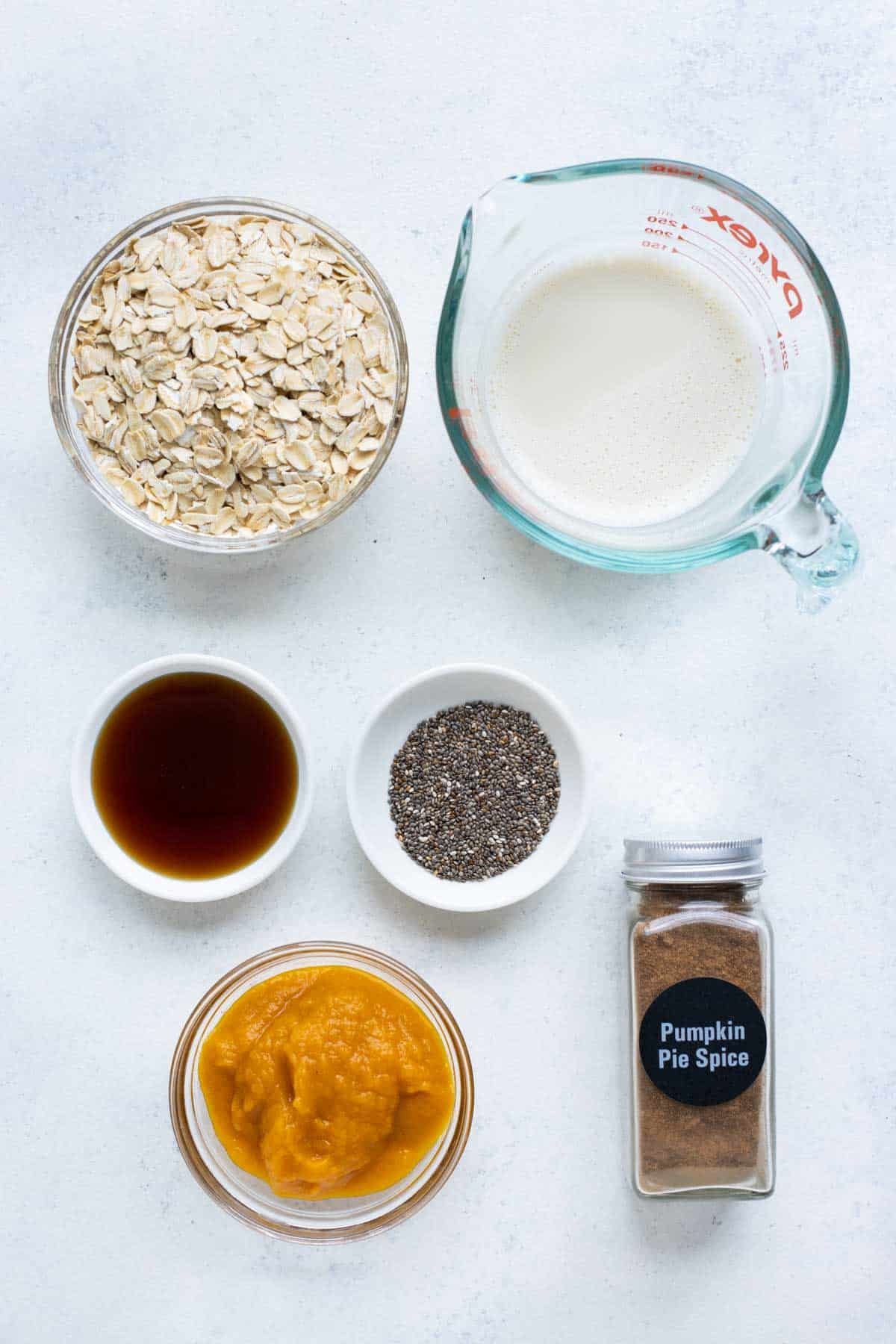
Types of Oats
Whole Oat Groats
These are pure oats in their most complete form. Everything is intact including the bran, endosperm, and germ. The texture is like rice or barley. This whole oat takes the longest to cook—anywhere from 30-60 minutes. Using them toasted in a savory salad will give you a nutty flavor.
Steel-Cut Oats
These are produced by chopping whole oat groats into a few pieces with a steel blade. The chewy texture is what draws people to this oat. With a cook time of 20-30 minutes, these are commonly cooked on the stovetop.
Rolled/Old Fashioned Oats
These are the most popular type, and they can be used for a wide variety of recipes. They are made by steaming the whole oat groats and rolling them flat between steel rollers. Depending on the brand, some are thicker or thinner than others. They are commonly used for a quick oatmeal fix or when making overnight oats.
Quick Oats
Quick oats are steamed, but they are usually rolled even thinner and sometimes chopped into smaller particles. This method gives them a larger surface area, which means a shorter cook time. They have a mushier texture. These, too, can be used for microwaved oatmeal, in smoothies, pancakes, or even protein balls.
Instant Oats
These are pre-cooked, dried, and chopped into smaller pieces once they’ve been steamed and rolled. These types of oats are the mushiest and fastest to cook. Definitely look at nutrition labels if you’re wanting to purchase these because they usually have added sugars and other extra ingredients.
Oat Bran
This is actually not a whole grain, but it is nutritious because it’s high in fiber. Oat bran is the outer layer of the oat groat and can be a great addition to cereal and muffins. However, look out when adding it to baked goods because it will significantly change the texture in the end.
Oat Flour
Oat flour is extremely fine rolled oats. You can always add oats to your food processor or blender and make your own. Oat flour is a good way to thicken certain dishes, but it’s not as effective as corn starch or wheat flour.
Is oatmeal gluten-free?
For the most part, oatmeal is gluten-free. As with all foods, cross contamination is very common. If you have a gluten intolerance or wheat allergy, always check for a gluten-free certification. Without this label, it is possible the oats contain trace amounts of gluten.
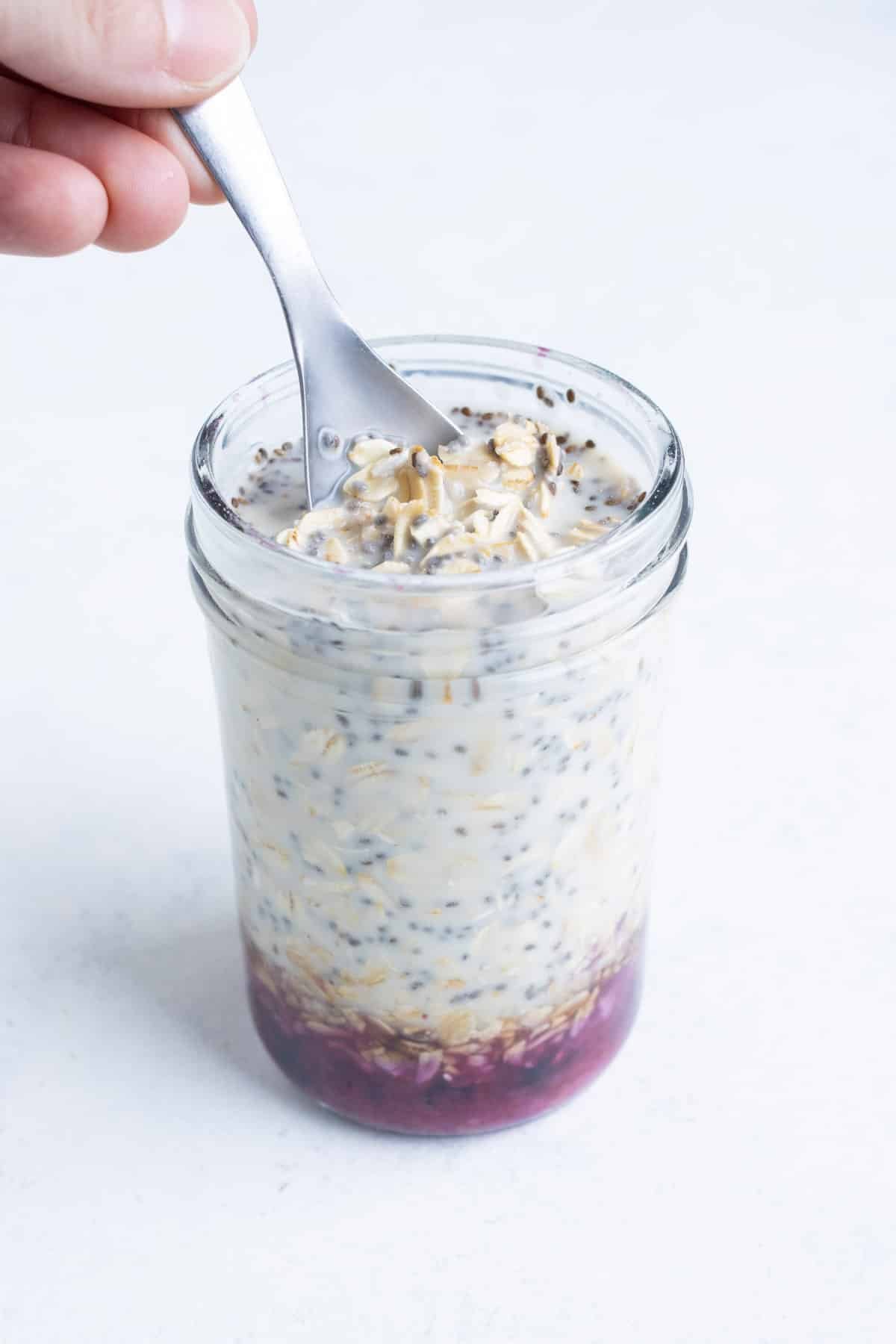
Are Quaker rolled oats gluten-free?
Quaker is one of the biggest oat brands, so it’s helpful to know if their oats contain gluten. There is good news and bad news. Bad news first: Quaker’s Traditional Rolled Oats are not always gluten-free.
The good news is that naturally, oats don’t contain gluten. The reason Quaker’s may not be gluten-free is that the brand has specifically stated that “Although wheat, rye and barley are not part of the ingredients in Quaker Steel Cut, Quaker Old Fashioned and Quaker Quick Oats, there is the possibility that they could contain trace amounts of these grains.“
Best Gluten-Free Oat Brands
Take a look at this list for the most popular gluten-free oat food products.
- Bob’s Red Mill Gluten-Free Oats
- Quaker Oats Gluten-Free Oats
- Arrowhead Mills Organic Steel-Cut Oats
- GF Harvest Gluten-Free Oats
- One Degree Organic Foods Sprouted Rolled Oats
- Prairie Gluten-Free Oatmeal
- Nature’s Path Organic Old Fashioned Oats
- General Mills Gluten-Free Lucky Charms
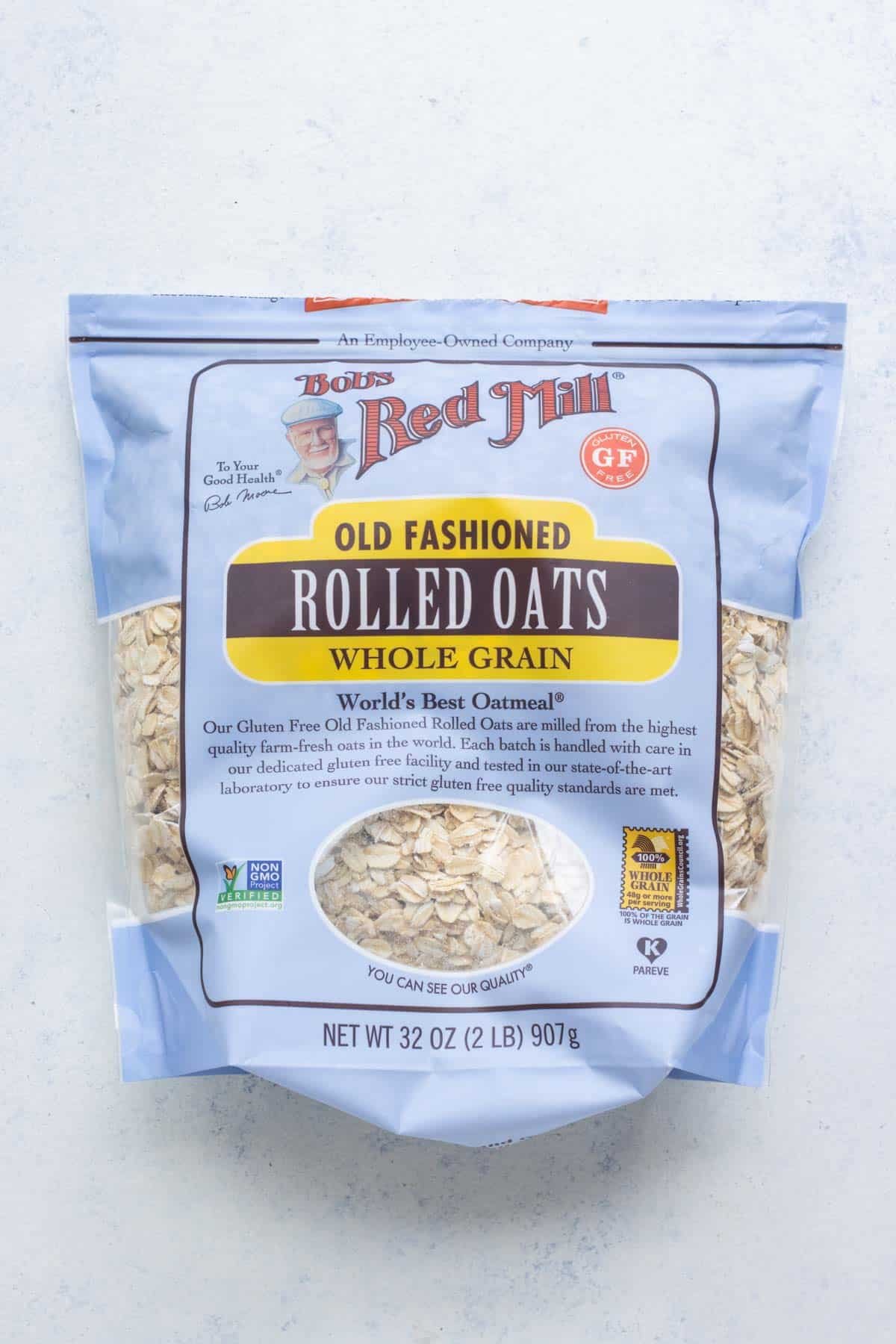
FAQs
People with celiac disease cannot eat oats if they are processed in the same facility as wheat, barley, or rye because there’s a possibility of cross contamination with those gluten- and prolamin-containing grains.
No, pure oats don’t have any gluten.
They have been found to have inflammatory effects.
Gluten-Free Oat Recipes
If you’re trying to satisfy that sweet tooth, try out these oat-filled Gluten-Free Chocolate Chip Cookies. To switch up your everyday breakfast routine, make this Healthy Baked Oatmeal with Berries. This Maple Pecan Oatmeal Muffin is to die for, AND it’s gluten-free and vegan. You can whip up these chocolatey No-Bake Oatmeal Cookies in just 10 minutes! Switch up your breakfast with these quick & easy Overnight Oats, the possibilities are endless!
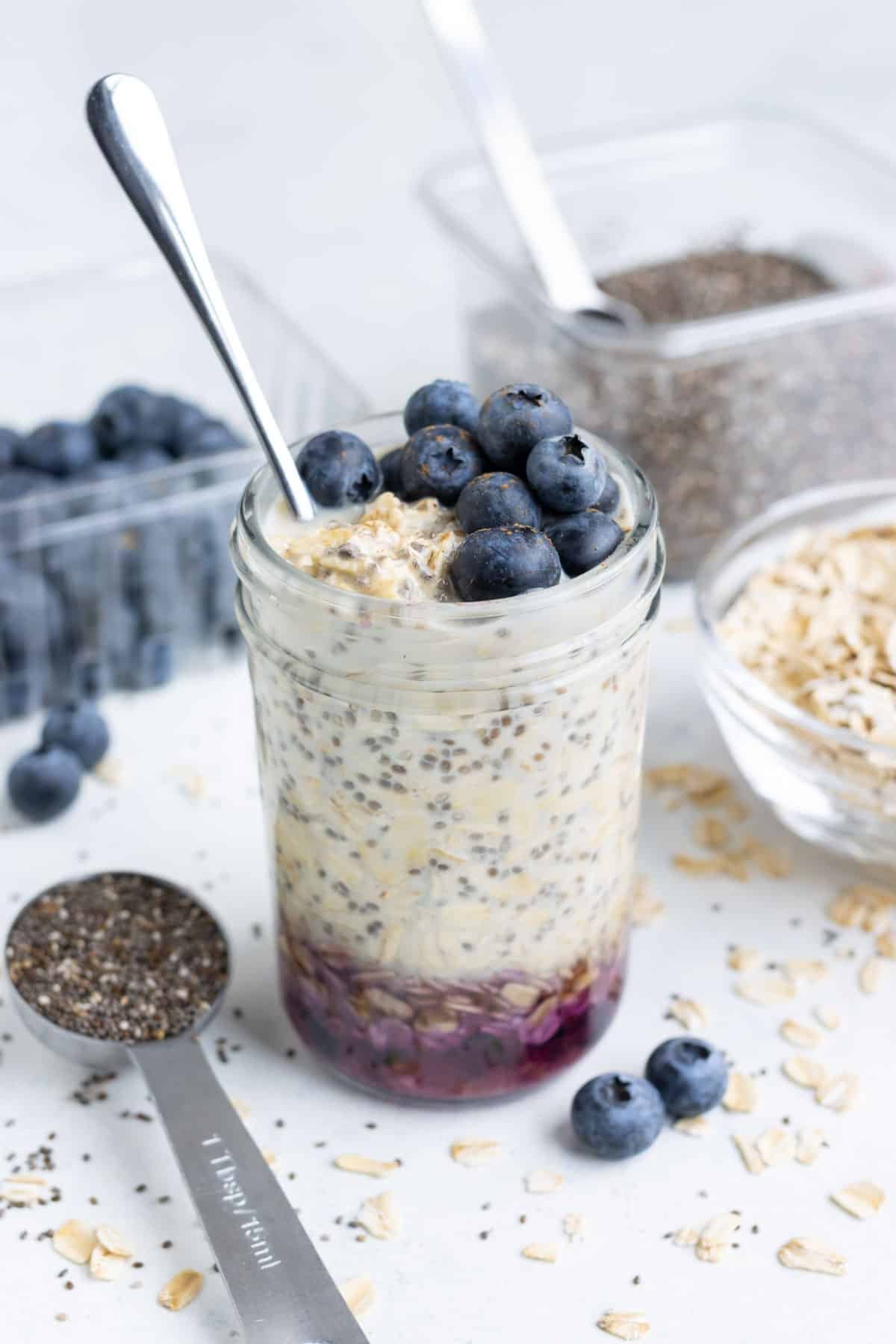
Bottom Line
To sum it up, oats are gluten-free if they are handled in a manufacturing facility that does not contain gluten. When you’re at the grocery store, check the ingredients list AND look for the certified gluten-free label. With oats that are specific to your dietary needs, you can easily incorporate more fiber and other nutrients into your next meal.
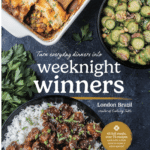
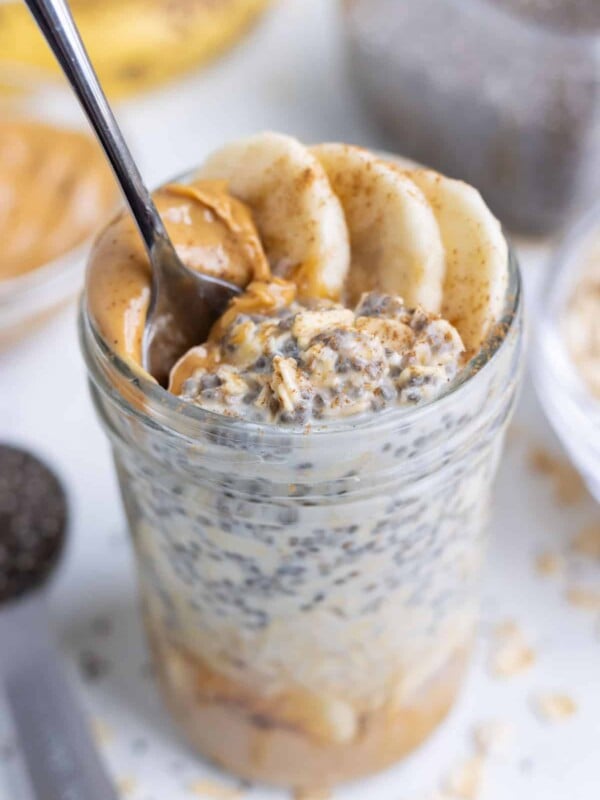

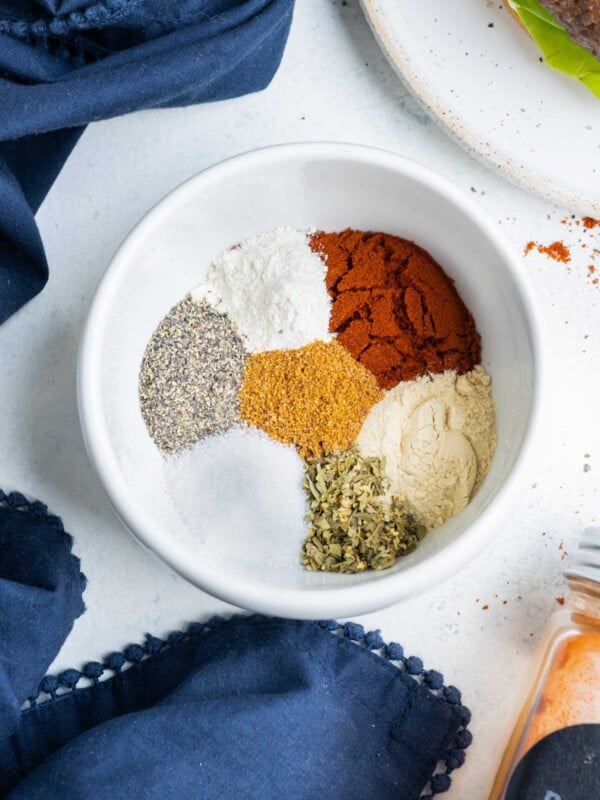
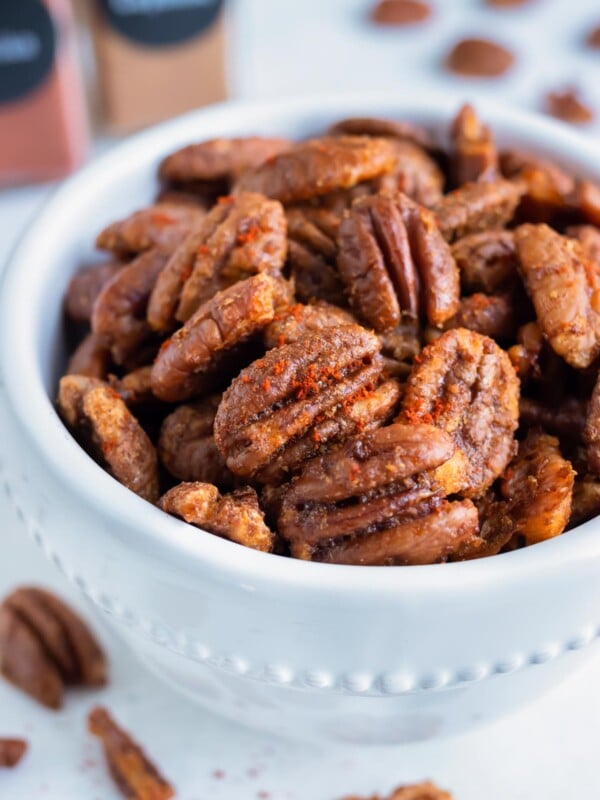
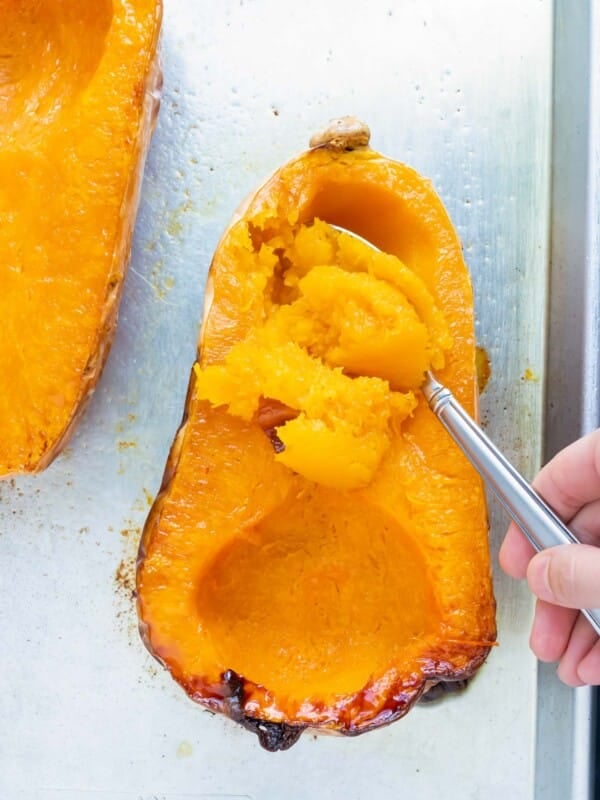
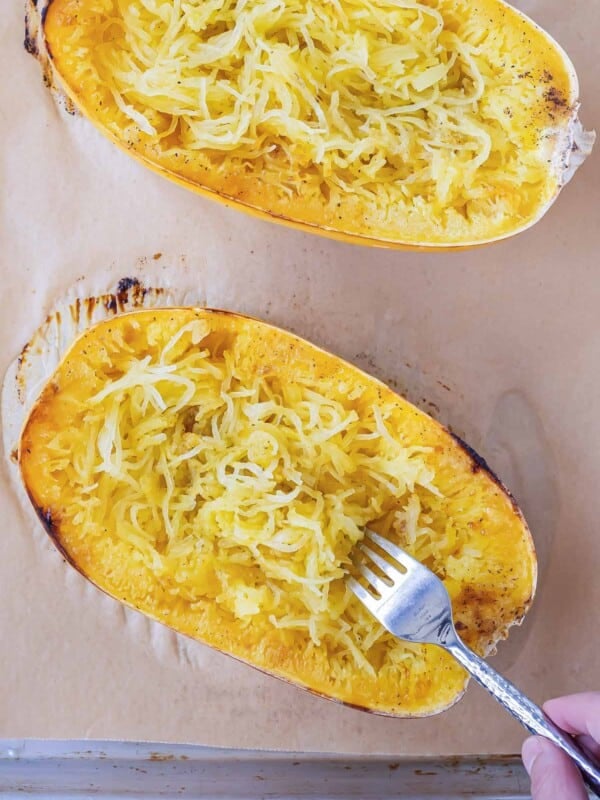
thanks for nice and detail information as always.